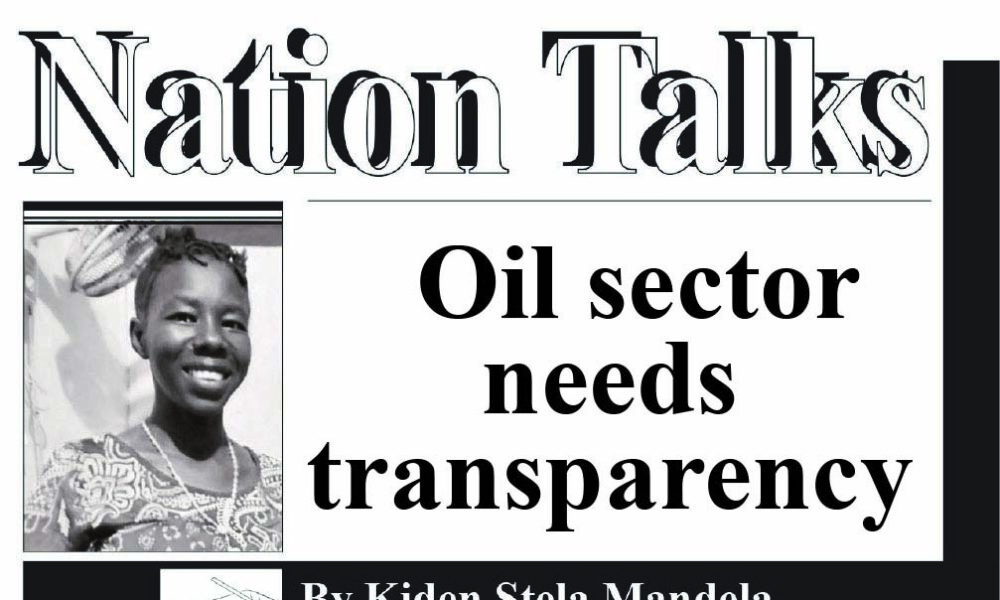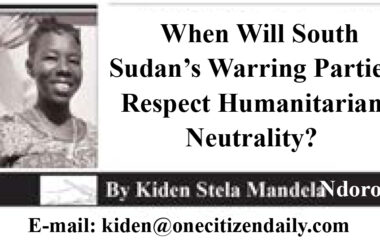As South Sudan’s oil production resumes following a temporary halt due to insecurity challenges in Sudan, there is an urgent call for transparency and accountability in the management of the country’s oil revenues.
With the reopening of oil production, the government should implement new regulations to address issues related to corruption and ensure the proper use of oil revenues. It would be beneficial for the government to dissolve the current crude oil sales committee and replace it with new members committed to transparency and accountability, while also addressing environmental degradation. Additionally, local communities should benefit from the oil extraction process.
South Sudan is one of the richest countries in the world, with abundant resources including oil, gold, diamonds, cement, copper, and fertile land for agricultural development. The economy should not face issues that necessitate borrowing; however, rampant corruption poses significant challenges. Despite producing approximately 150,000 barrels of oil per day before the war, South Sudan still relies on foreign donations, raising the question: Where do the revenues from oil, gold, copper, and other resources go? Are they benefiting individuals or being kept abroad? The communities are not seeing even 2% or 3% from these sectors, and they lack access to quality schools, hospitals, or clean drinking water.
Corruption is an illegal practice that undermines the rights and needs of individuals. It often arises in the absence of well-established systems and institutions, exacerbated by a culture of poor governance and greed for wealth. Corruption threatens the prosperity of society and is a primary cause of underdevelopment and poverty.
The concept of corruption is complex and lacks a unified definition, as it can take many forms. It entails the abuse of public office for personal gain, including bribery, fraud, embezzlement, deception, and illicit dealings. While the government has a significant role to play in combating corruption, it is also susceptible to it when there is a lack of sound leadership and effective public institutions.
The dynamics of corruption in South Sudan are twofold. Firstly, there is a bottom-up approach where lower-level officials engage in corrupt practices and share the spoils with higher-ranking officials. Secondly, high-ranking officials often plan and direct corrupt activities, ensuring that they benefit from the proceeds while offering protection to the lower officials involved. In these cases, top officials guarantee job security and immunity from prosecution, which has led to the institutionalization of corrupt practices.
I urge our leaders to utilize the revenue from oil and gold to fund sustainable programs and not rely solely on donations or loans, which will burden future generations. They should take inspiration from countries like Uganda and Kenya, which, despite lacking substantial natural resources, have managed to develop. If this reliance on external assistance continues, we risk compromising the future of our nation.
God protect South Sudan.
Be the Spectator!




